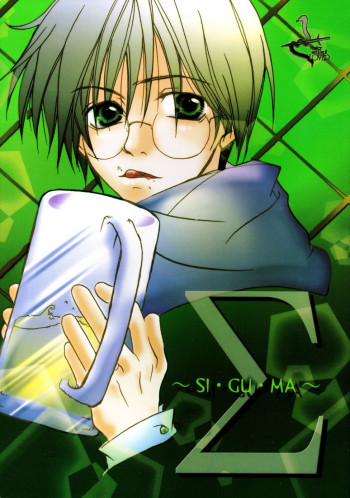S.J. Coles' Touch in the Night is a captivating exploration of identity, belonging, and the complexities of human (and vampire) relationships. Set against the backdrop of a small town grappling with the return of a vampire, the novel delves into the life of Jesse Truelove, a character who embodies the struggles of feeling like an outsider in both his family and society at large.
From the outset, Jesse is portrayed as a deeply flawed yet relatable protagonist. With a criminal record and a penchant for kink, he navigates life with a sense of detachment, convincing himself that he doesn’t need the connections that others crave. This internal conflict is a central theme of the novel, as Jesse's journey towards self-acceptance and understanding of his own desires unfolds. Coles masterfully captures Jesse's emotional landscape, allowing readers to empathize with his struggles and cheer for his growth.
The introduction of Emory Von Magnusson, the Undying Baron, adds a rich layer to the narrative. Emory is not just a vampire; he represents a different kind of outsider, one who has been misunderstood and judged by the human population. His desire for family and connection contrasts sharply with Jesse's initial reluctance to embrace such bonds. This dynamic creates a compelling tension throughout the story, as both characters must confront their fears and desires in order to forge a meaningful relationship.
Coles excels in developing the chemistry between Jesse and Emory. Their first encounter, a result of a bungled break-in, is charged with an unexpected intensity that sets the tone for their relationship. The author skillfully balances the elements of romance and kink, exploring the nuances of consent and desire in a way that feels both respectful and authentic. As Jesse and Emory navigate their feelings for one another, the reader is treated to a nuanced portrayal of intimacy that transcends the typical vampire romance tropes.
One of the most striking aspects of Touch in the Night is its exploration of family—both biological and chosen. Jesse's estrangement from his own family is palpable, and his interactions with Emory highlight the potential for finding kinship in unexpected places. Emory's longing for a family serves as a catalyst for Jesse's transformation, pushing him to reconsider what it means to belong. This theme resonates deeply, especially in a world where many individuals feel disconnected from their roots.
Coles also weaves in social commentary regarding the stigma surrounding those who are different. Jesse's experiences with judgment and isolation mirror the societal challenges faced by many marginalized groups. By portraying a vampire as a misunderstood figure, Coles invites readers to reflect on their own biases and the importance of empathy. This layer of depth elevates the narrative beyond a simple love story, making it a poignant commentary on acceptance and understanding.
The pacing of the novel is well-crafted, allowing for moments of tension and reflection. Coles does not rush the development of Jesse and Emory's relationship; instead, she allows it to unfold organically, mirroring the complexities of real-life connections. The dialogue is sharp and engaging, filled with wit and emotional resonance that keeps readers invested in the characters' journeys.
In terms of character development, Jesse's evolution is particularly noteworthy. As he grapples with his past and confronts his fears, he transforms from a solitary figure into someone capable of love and vulnerability. Emory, too, undergoes a journey of self-discovery, revealing layers of depth that make him a compelling and sympathetic character. Their growth is intertwined, illustrating the idea that true connection often requires both individuals to confront their own demons.
Coles' writing style is both lyrical and accessible, drawing readers into the world she has created. The vivid descriptions of the setting and the emotional landscapes of the characters enhance the reading experience, making it easy to become immersed in the story. The author’s ability to blend elements of fantasy with real-world issues is commendable, creating a narrative that feels both fantastical and grounded.
In comparison to other works in the genre, such as Anne Rice's The Vampire Chronicles or even more contemporary takes like V.E. Schwab's Vicious, Coles' approach stands out for its focus on the emotional and psychological aspects of being an outsider. While Rice often delves into the philosophical implications of immortality and Schwab explores themes of power and morality, Coles hones in on the personal struggles of connection and belonging, making her narrative uniquely impactful.
Overall, Touch in the Night is a beautifully crafted novel that resonates on multiple levels. It challenges readers to reconsider their perceptions of love, family, and what it means to be an outsider. With its rich character development, poignant themes, and engaging storytelling, S.J. Coles has created a work that will linger in the minds of readers long after the final page is turned. For those seeking a fresh take on vampire lore intertwined with deep emotional truths, this book is a must-read.
























Reviews 0
Post a Reviews: